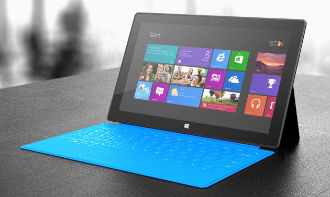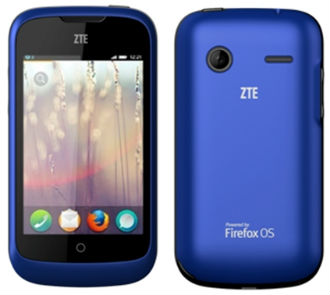 Logicalis has nabbed itself Elite Partner status for Advanced Security at Juniper Networks’ partner advantage programme, the top level for partners.
Logicalis has nabbed itself Elite Partner status for Advanced Security at Juniper Networks’ partner advantage programme, the top level for partners.
Logicalis has got itself Firewall/VPN & IDP and Policy and Access Control authorisations, which the company hopes will score it some more brownie points with companies thinking of hiring it.
MD at Logicalis UK, Mark Starkey, said the company had worked with Juniper Networks for quite some time, so getting the Elite status should help it sell itself to businesses concerned with advanced security in emerging trends like mobility and cloud.
“This accreditation provides us with access to the latest technologies and advanced training at Juniper,” Starkey said.
Darryl Brick, director of partners UK&I at Juniper, said that Logicalis is now offering advanced security from data centre through to small and medium enterprise, so customers can “take advantage of some of the most advanced security technology and services in the market”.



















